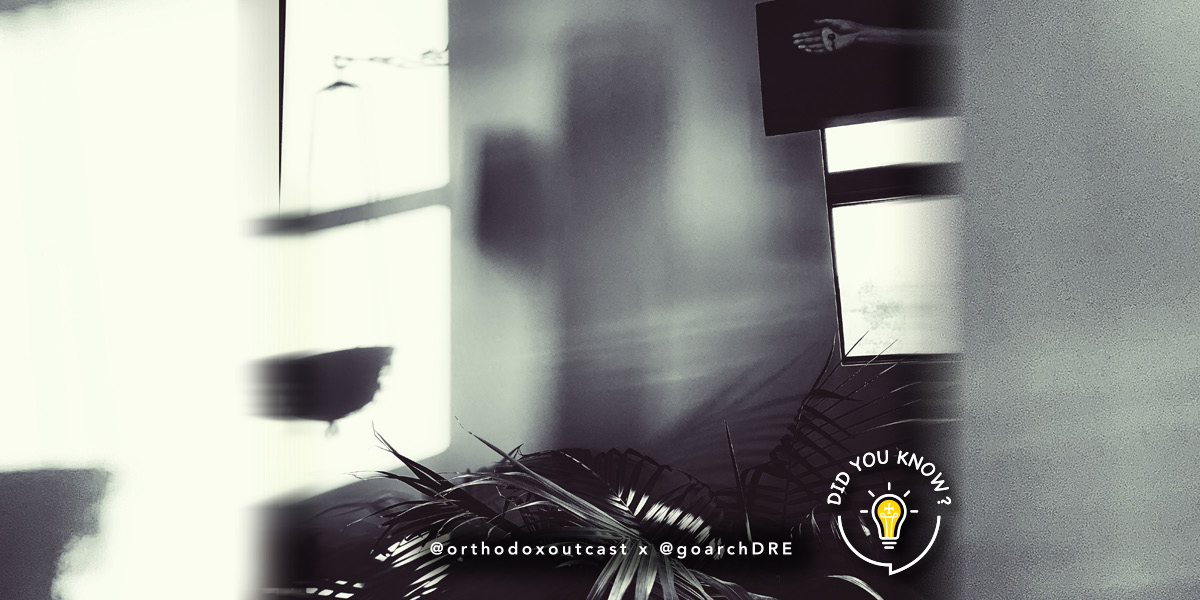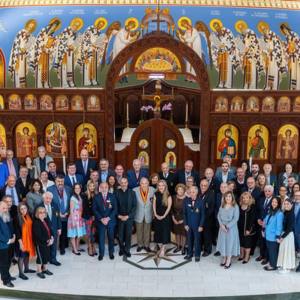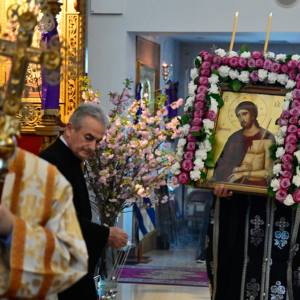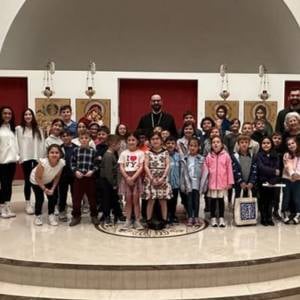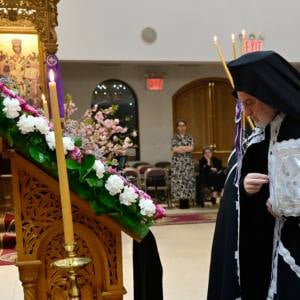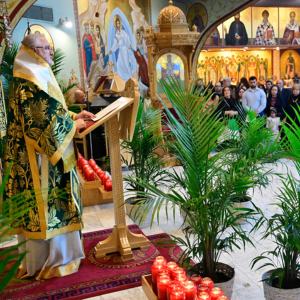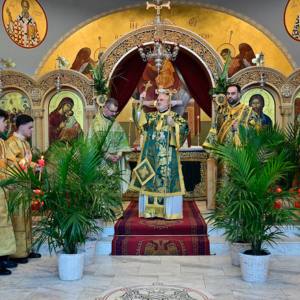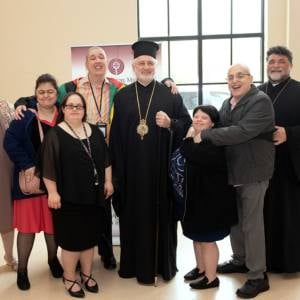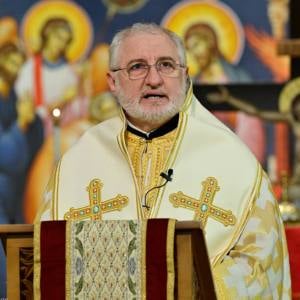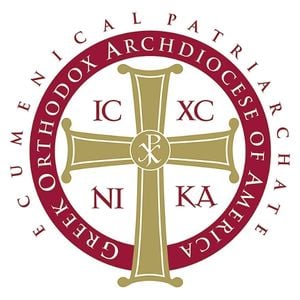DID YOU KNOW?
Department of Religious Education (DRE)
BEGINNING OF LENT FROM THE EARLY CHURCH
March 30
Did you know that the beginning of Lent is based upon practices from the early Church?
The Eastern Orthodox Church begins Lent with Sunday evening Forgiveness Vespers before Clean Monday and the Roman Catholic Church begins Lent on Ash Wednesday.
The penitential use of ashes (as used on Ash Wednesday) originates in biblical Judaism (“sackcloth and ashes”) and was accompanied with fasting and repentance. The early Church would sprinkle ashes on penitents (those who committed serious sin and were periodically excommunicated) when returning to full communion through acts of public penance (including the sprinkling of ashes). It wasn’t until the 11th Century (after the schism between Rome and the Orthodox Church) that ashes were given to all Western Christians (Roman Catholics) on the first day of Lent. This practice never developed in the East (the Orthodox Church).
The period of preparation and initiation for returning penitents and catechumens for baptism in the early Church established the basis for Lent for all members of the Church (East and West). The differences between the celebration of Lent are actually not differences between Churches but of liturgical rites — Eastern (Byzantine) and Western (Roman).
→ Click for your downloadable, shareable, and printable 1-pager: www.goarch.org/departments/religioused/didyouknow
→ Have a question you want answered by Did You Know? Email the Department of Religious Education (DRE) at: [email protected] or DM them on Instagram, X or Facebook: @goarchDRE
Read DYK? in real-time by following the DRE on Instagram, X or Facebook: @goarchDRE
DID YOU KNOW? is your go-to source for concise answers to a wide range of questions about the Greek Orthodox faith. DYK? equips Gen Z and millennials with facts they can trust and easily absorb while scrolling. Clergy, religious educators, and parents can share these nuggets of knowledge with the faithful, students, those inquiring about Orthodoxy, and loved ones.

